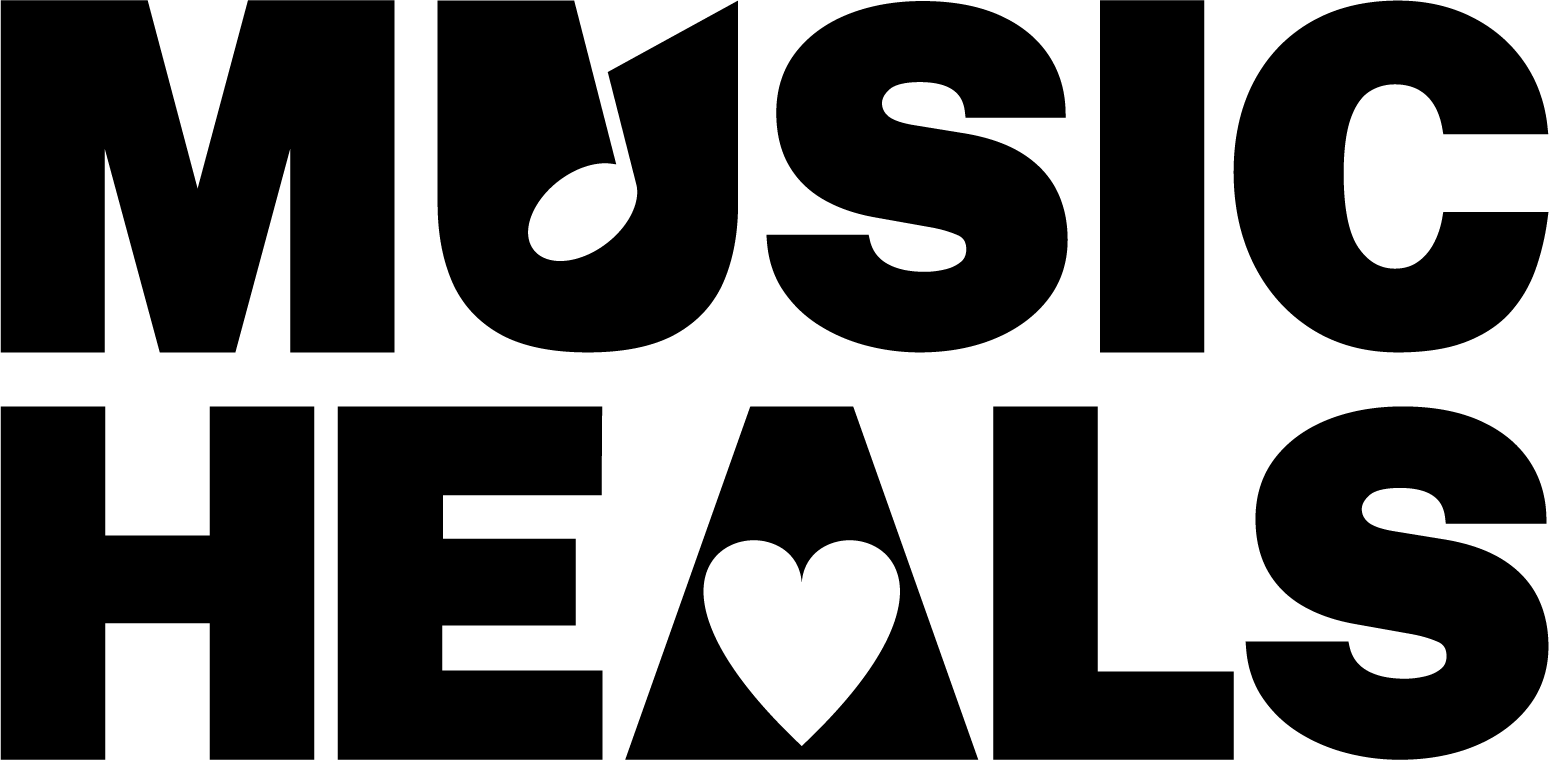Why We Shouldn’t Try to Prove that Music Therapy Works
November 4, 2013

Monday, Nov 4, 2013
Written by Kim Ross, BA
We are excited to share an insightful contribution with you penned by the inquisitive and ambitious, Kim Ross. Kim is currently living in Chilliwack BC, where she is completing her music therapy internship through Capilano University and teaching piano from her home studio. She has already completed a Bachelor of Arts degree in Psychology at UBC and her current thoughts in music therapy revolve around collaborative work and evidence-based practice. Being at the beginning stages of her career, she hopes to continually seek new ideas and write about many thoughts to come.
——————————————————————————————–
I see and read about many people in the music therapy world wanting to prove that music therapy works. I think I understand why this might be – we want to show that what we do has value, we may recognize the need for evidence of that value, and see that others require evidence to accept music therapy. The thinking may be that in order to be employed or get funding, we need to prove that what we do works. While this may seem to bring scientific thinking into music therapy, I think it actually does the opposite. I really believe that if we want our profession to grow and improve, we need to shift away from this way of thinking, and that there is a better approach that will provide us more possibilities, more understanding and an improved ability to help our clients.
What is so bad about proving that music therapy works?
1. Setting out to prove that music therapy works is inherently biased and will skew the information that we find.
If we try to prove that music therapy works, it is clear that we know the answer that we want to get before we even ask the question. Whether we are doing research, or just looking for research that is out there, this bias will affect the information we seek. This means we won’t be looking at the whole picture, and could overlook important information. It means we could easily overlook information that is not in support of something music therapists do, which is crucial information to have in ensuring that we are helping our clients to the best of our abilities. To be properly informed, we must be objective in the information we seek and the way in which we interpret it. There is no point in asking a question to which we already know the answer, because we will only find the answer that we already know.
2. Music therapy is an entire field with a very wide range of applications and approaches – it is not a single entity that can be tested for its effectiveness.
Biases aside, the question “does music therapy work”, is just not possible to answer with a yes or no. Music therapy is not like a pill that can be tested for efficacy; it is a field which encompasses many approaches, many different interventions, and is used to achieve goals for a wide array of issues. It can work, and not work based on the circumstances and the approach. I think of it as being similar to asking the question “does medicine work?” and that probably seems pretty silly to most people. Medicine is a field in which many different treatments are presented and tested and it is the responsibility of doctors to make decisions informed by research. The efficacy of treatments is what is tested, rather than the field as a whole. It is a system that involves continual learning and testing and thinking. I think that asking, “does music therapy work” sounds just as silly as “does medicine work?” Just like medicine, music therapy is a field, and it is the responsibility of music therapists to know about our clients, to know about different options of treatment, and to make informed decisions. To do this we need to ask questions about the specific interventions, not seek to prove that the field as a whole is valuable. If medical research were out to prove that medicine, as a field, was useful, the research would give no information about the specific treatments so that doctors could be informed. Same goes for us. That brings me to the next point.
3. It limits the information we find – there are so many other questions to ask that are more informative.
Simply trying to prove that what we do works will not improve what we do. It assumes that music therapy is a steady thing, when it reality, we can change what we do based on new information. We should be changing what we do based on new information, because that is the way to know to the best of our abilities that what we are doing is helpful. Spending our time trying to show that music therapy works can only give us a yes or no answer. Questions like what should we do, how, in what circumstances, with whom, and what goals can we achieve, will give us so much more information than a yes or no question ever will. Answering the how and when and what questions like these is what will give us information that we can base our practice on, and it will help to ensure that what we are doing is beneficial – opening doors to new possibilities, while preventing people from working in ways that are shown not to be beneficial. I think that most music therapists would agree that growth in our profession is necessary. I believe that we need to grow not just in the amount of people who accept us and who know what we do, but also in our knowledge and our abilities. Growth is not just about becoming bigger, but improving what we do. We can do that, but we need to ask the right questions.
Seeking evidence to prove that music therapy works vs. making music therapy evidence-based
There is a difference between seeking evidence to prove that music therapy works and making music therapy evidence-based. When I say that we should stop proving that music therapy works, I am not saying that we don’t need evidence for what we do. Quite the opposite! Being evidence-based is about having a good pool of information that we can refer to when making decisions in our practice. We should be continually looking for more information, doing more research, in order to build that pool of knowledge. That is a very different, much richer picture, than doing something and then looking for evidence of its efficacy.
It’s okay to have negative results
If our main focus is on finding a positive result for others’ acceptance, we may overlook negative results and that could potentially harm our clients. However if we view research as gaining knowledge to inform what we do, rather than to inform others of our value, we needn’t be afraid of negative results. If we do research about a specific therapeutic approach and find that it is not beneficial for a particular situation, this does not mean the entire profession is not beneficial, and instead it means that we have a new piece of information that can help us to make decisions in our practice. A negative result is just as helpful as a positive one, as both give us useful information to make us more effective. When our entire profession is no longer hinged on achieving a positive result, we can be more open to looking at the results objectively.
Who is research for?
I have heard many times this idea that we know that what we do works, but we need evidence to convince others who don’t believe so easily. I’d like to suggest that we think of it differently, because I think that view will not only hold us back, but is in fact dangerous to clients we work with. Research should be for the sake of our clients, not for the sake of others’ acceptance. It is to provide information so that music therapists can best work with clients, ensuring that what we do works and is beneficial for them. The truth is that we can cause harm to clients. Research and observing the evidence is important so that we know we are helping and not causing harm. The profession exists to help clients, and we must keep our clients’ wellbeing as the central focus and reason for our research.
Moving forward
I think it’s time we move beyond trying to prove that what we do works. To me, a much more exciting picture is one in which we are constantly working towards improving what we do, questioning ourselves to ensure that we are doing our best. We can grow a large base of information that we can use to inform our practice. To do this, we need to be honest about our abilities and our limitations, to listen to questions and seek new information. This will make music therapy a strong and valuable field. It already has value and so much potential, but we need to work to reach that potential. Let’s do research for the sake of our clients. Let’s learn and acquire knowledge for us so that we can best help them. Let’s not be afraid of research, or of people posing questions about music therapy and how it works. Those questions will lead us to gain knowledge, to improve what we do and help us to do what we really want to do – help our clients.
Written by Kim Ross, BA
If you want to learn more about Kim and the work she is doing, check out her website: http://kimrossmusic.com/
Note: This post is used with permission from the author. Source: http://kimrossmusic.com/2013/10/28/why-we-shouldnt-try-to-prove-that-music-therapy-works/
Are you a music therapist, music therapy intern, or a professional in a field related to Music Therapy that has something to share on the Music Heals blog?
Submissions should include to links to your website and any social media channels you would like included in the article.
Submissions may be edited for length and photos for publication will require a waiver, which will be provided.Submissions should be sent to Alexina Davis: blog@musicheals.ca




